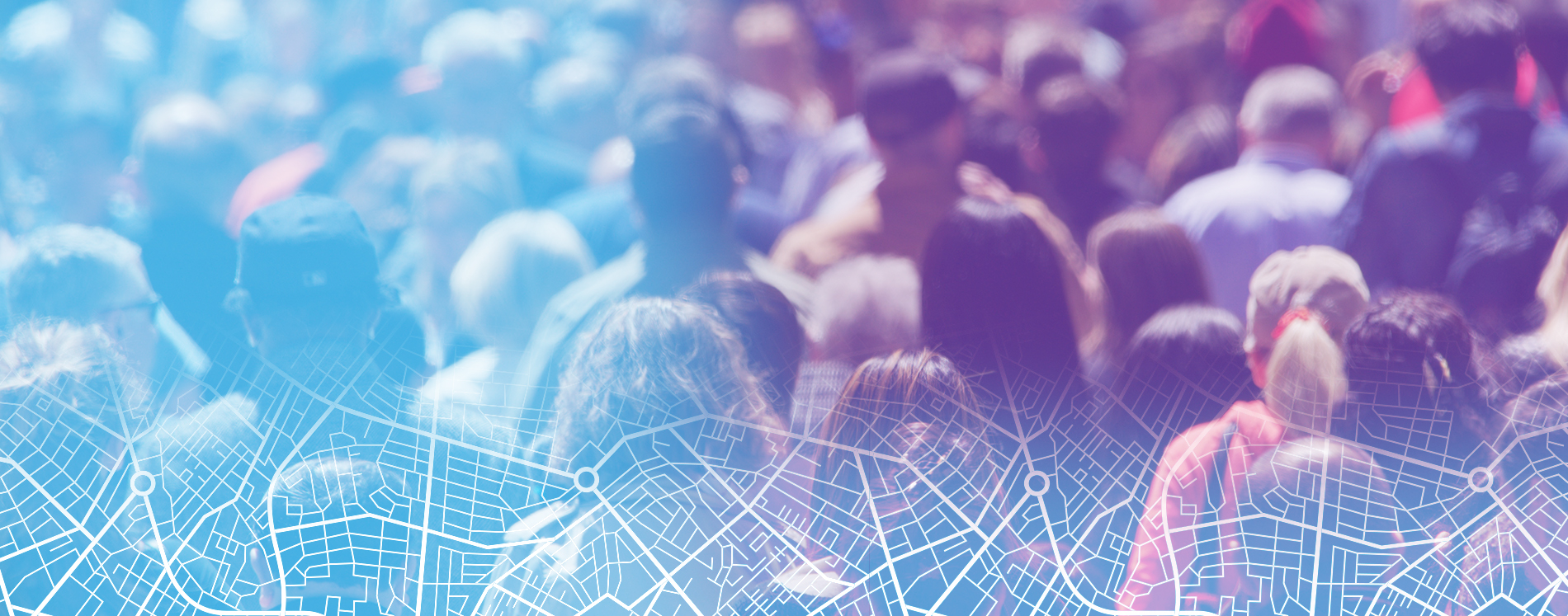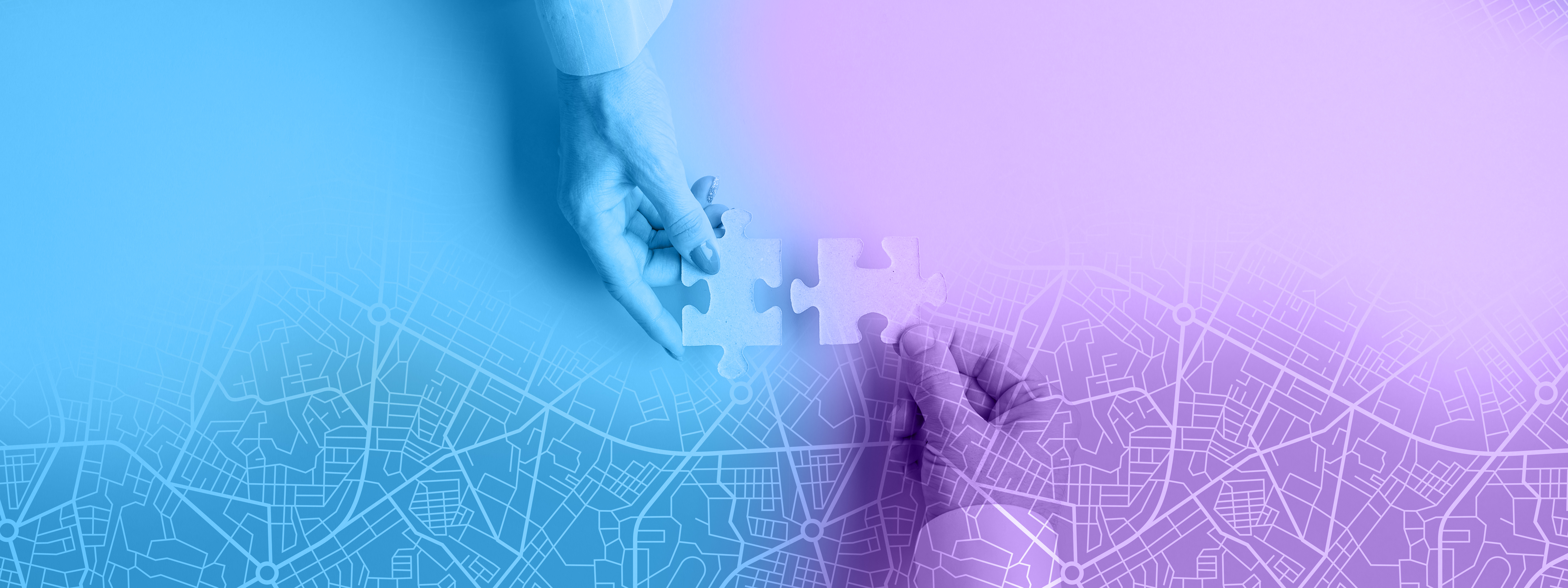Local authorities as storytellers
To encourage exchange and dialogue on migration, asylum and integration, civil society and European Institutions meet every year at the European Migration Forum (EMF). The Forum is co-organised and run by the European Commission - DG HOME, and the European Economic and Social Committee (EESC). The 7th European Migration Forum on 'Youth inclusion: the key to successful migrant integration' took place between 20 and 21 October 2022 in Brussels.
A forum allowed civil society to express their views, exchange ideas and best practices and discuss challenges and priorities with decision-makers at the national and EU level. EMF organisers select organisations from civil society through an open call. Participants are chosen based on their area of work and experience in connection with the topics discussed throughout the Forum. Maria Grazia Montella, CEMR Officer Migration & Integration and IncluCities Coordinator, joined the Forum.
The two days of the European Migration Forum were full of stories and encounters of young people representing diaspora communities, local advocacy and empowerment organisations from all over Europe. This time, the EMF focused on the Impact of young people's work and agency on the social and political fabric of the Union, in line with the European Year of Youth 2022.
The plenary room at the European Economic and Social Committee was full of passion and expertise, ready to make the best out of the discussions and workshops with the leading representatives of the EU policy-making in the area of migration and inclusion: Ylva Johansson, Commissioner for Home Affairs, Christa Swang, President of the European Economic and Social Committee, representatives from the Committee of the Regions and the Czech Presidency of the Council, mayors and officials from all over Europe.
In particular, Commissioner Johansson highlighted the central role of local communities in the inclusion process. The representatives of local authorities in the room, whose work is deeply needed and that's why often taken for granted, welcomed the Commissioners' words with a big round of applause.
![]()
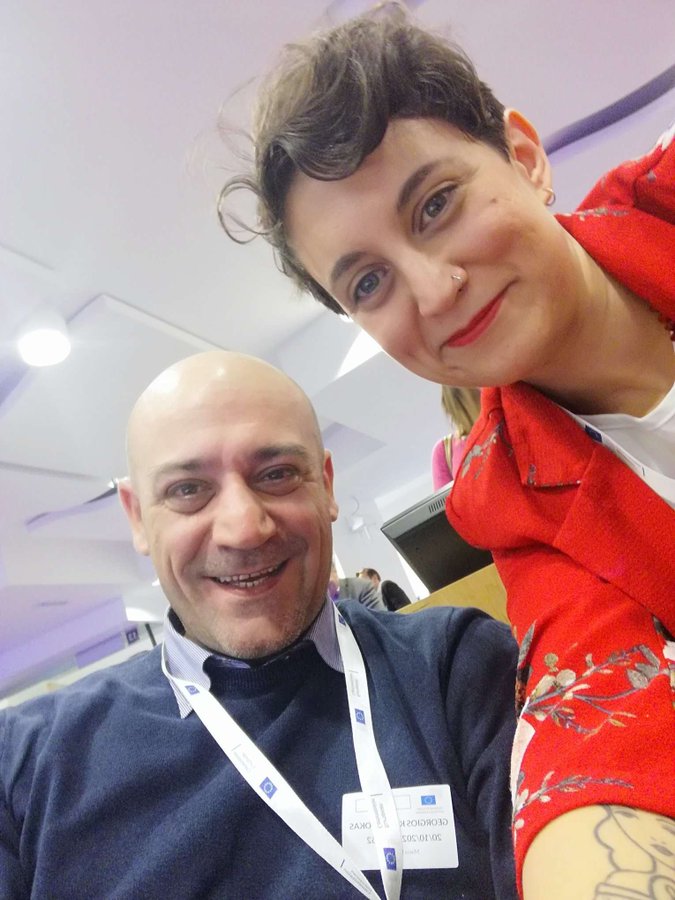
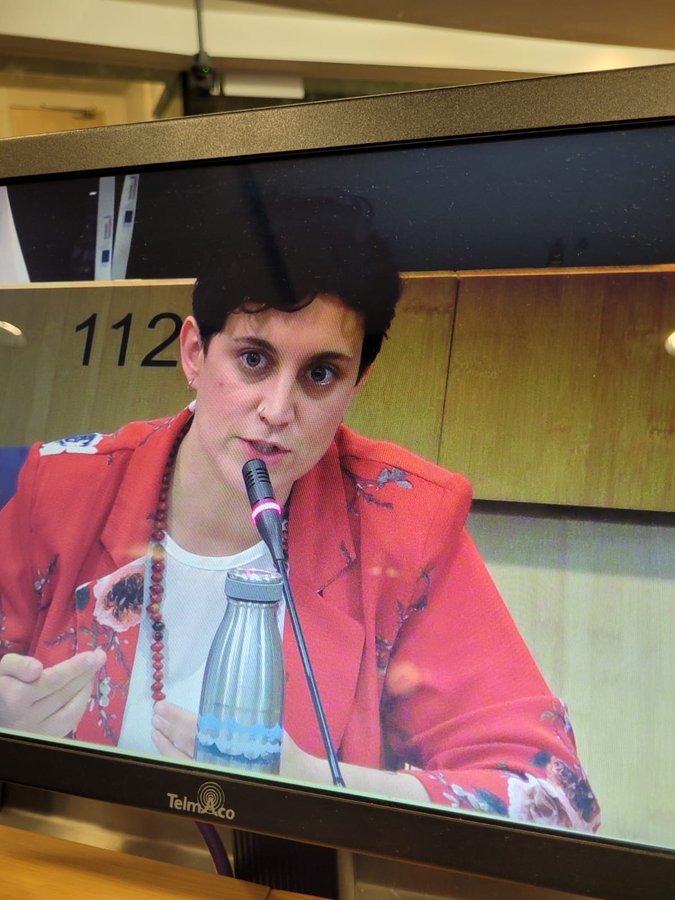
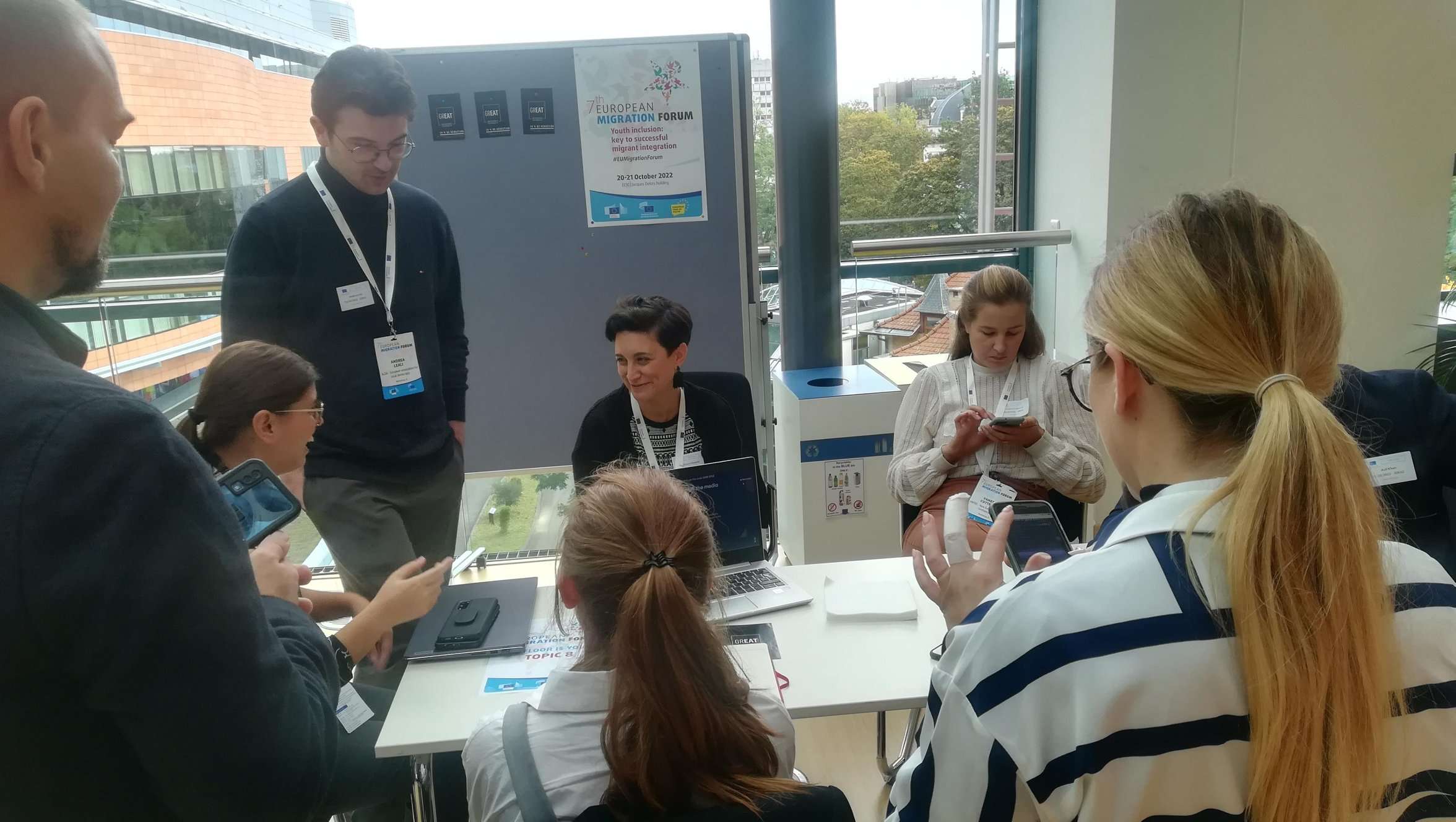
CEMR brought the voice of local and regional authorities to this Forum in many ways, from asking questions during the plenary, meeting representatives from the European Commission, and actively participating in workshops discussing the role of local governments in a whole-of-community approach to the inclusion of newcomers. Maria Grazia Montella outlined that local leaders and their teams need concrete support, like better access to tailor-made information and to specific funds. The need for effective multilevel governance that includes local governments in the legislative process at both national and EU was also addressed.
The Eurobarometer survey on public opinion results on the integration of immigrants in the European Union showed that more than half of Europeans responding to the study say they received information about migration and integration through traditional media. These findings paired well with the stories of two young speakers at the Forum, who are now an active part of the political arena of the country in which they settled as refugees. Inspired by their stories CEMR organised a workshop in collaboration with two migrant-led organisations, UNITEE and Kudwa, on the Impact of community media on building local public opinion on inclusion.
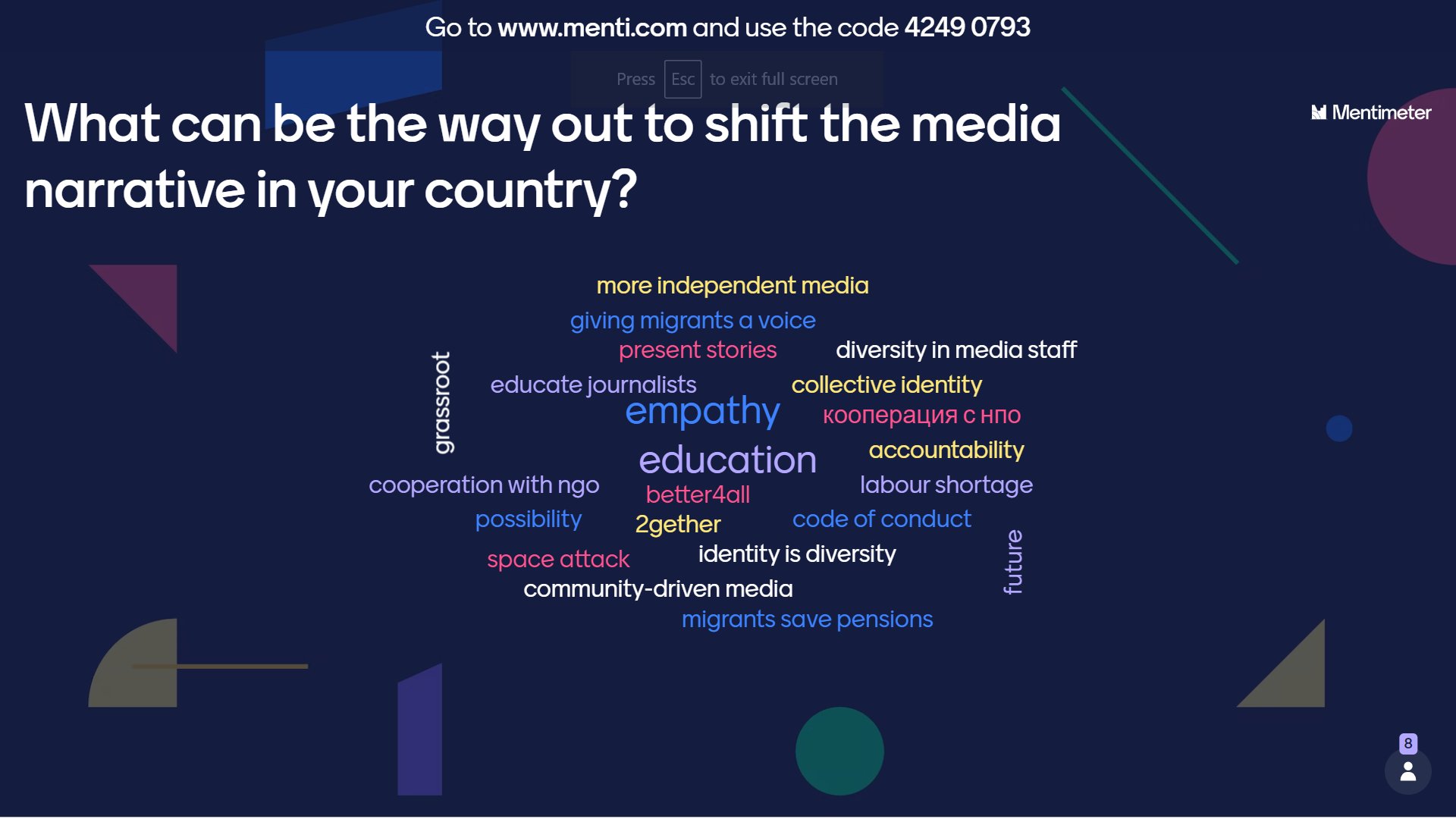
CEMR shared many stories, from the experiences of local officials heard during the last Retreat in the workshop on the Impact of the Ukrainian refugee crisis on local communities. To the testimonials, we collected during the IncluCities project from our national associations and their cities trying to change the narrative on migration through concrete actions on the ground.
People matter as we create future stories together today. Hopefully, they will contribute positively to the milestones of History (and Herstory) that will impact the present and the next generation. And will also contribute to the culture and public attitudes around future events, entailing a deep rooting of migration stories.
